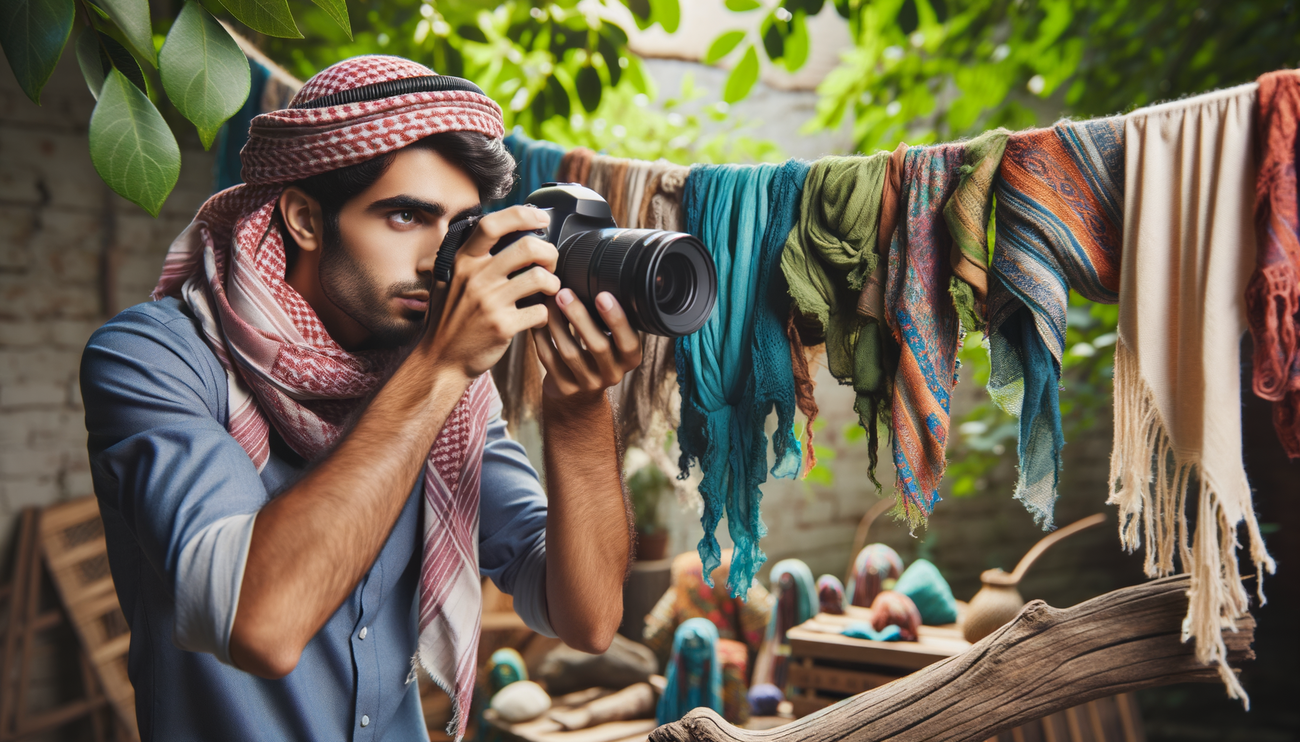
Achieving a unique style in photography is an important task for any photographer. Textures play a key role in creating visual interest and originality in your work. In this article, we will discuss how to use textures to make your photographs more expressive and memorable.
When we talk about textures in photography, we mean various textures that can be used to enrich an image. These can be both physical textures present in the environment and visual textures created during post-processing.
First of all, it’s worth paying attention to natural textures. Trees, stones, water, and even clouds can add interest to your images. While photographing, you can focus on the light and shadow falling on the textures — this will create depth and volume.
The second important element is the use of textures in composition. For example, you can use textured backgrounds for portrait photography to highlight your subject against a rich texture. This is especially effective when using colorful and contrasting textures.
Don’t forget about textures in urban photography as well. The walls of buildings, bridges, and asphalt can serve as interesting elements for your shots. These textures can tell their own story and add character to your photographs.
The third aspect we will consider is how to use textures in post-processing. There are various software programs that allow you to overlay textures on your photographs. This can be particularly useful if you want to create an artistic image.
With post-processing, you can achieve an old photograph effect by adding paper or weathered textures. These effects give images a special atmosphere and make them unique.
Keep in mind that textures can be different: from rough and sharp to soft and blurred. Experiment with different textures to find the style that resonates with you the most.
So, in the quest to create a unique style in photography, don't be afraid to use textures. They can add depth, interest, and character to your shots, making them unique and memorable. From experimenting with textured backgrounds to post-processing, you can create a personal style that distinguishes your work.
Remember that every photographer is unique, and what works for one may not work for another. Find your own approach to textures and don’t be afraid to express your creativity. Good luck in your photographic explorations!


